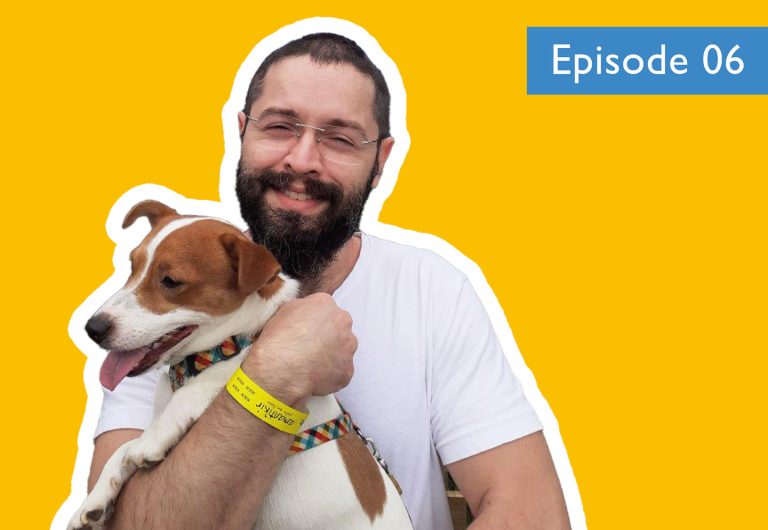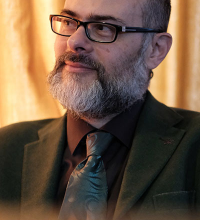The People Behind the Learning Portal: Luciano Siqueira

Linux Professional Institute (LPI) launched the Learning Portal in June 2019. The Learning Portal is the repository of all the Learning Materials for our exams. The whole project is managed by Dr. Markus Wirtz, Manager Learning Materials at LPI. We designed it as an international endeavour – learning is easier in your mother tongue! – hence we needed a team of authors, editors, and translators to design, write, and localize the body of lessons.
This series of interviews is a journey toward knowing better the People behind the Portal: the Linux and Open Source enthusiastic professionals who are making the Learning Portal possible.
By reading this series of interviews, you will know more about Contributors’ work, the peculiarities of translating IT educational material, and the challenges Contributors have to face restoring what could be lost in translation. And about why working on the Learning Portal is quite cool and nerdy.
And if all this sounds interesting and you want to join us, we would be happy to receive your feedback at learning@lpi.org.
Let’s discover together the story and experiences of Luciano Siqueira from Brazil.
Luciano is an author and teacher in the field of IT training and part of the LPI’s Learning Portal team.
What is your academic and professional background?
I have a degree in psychology, mathematics, and computer science. I work as a software developer, an author of technical books (mostly about free software), and a free software lecturer. I am also currently a computer science graduate student and have just taught a course on the Linux command line to undergraduate students.
When, and how, did you decide to use your skills in order to develop learning materials for Linux Professional Institute?
Well, I wrote a book on LPI certification and I have had contact with the LPI team for years. When the Learning Materials project started, I was asked whether I would like to participate and promptly answered yes.
What is your contribution, so far, to the Learning Portal, and what’s next for you in this project?
I wrote a total of eighteen lessons between Linux Essentials and LPIC-1, in addition to helping to review the Portuguese versions. I also wrote nine lessons for the upcoming Web Development Essentials. The WDE material is not yet complete, so maybe I’ll write some more.
As a certified professional and a developer of learning materials, you are familiar with both sides of the coin. What advice, therefore, would you give to those people who are studying for their LPI Exams?
I would say not to neglect any aspect of the LPI program. The exam objectives are already mature to the point where they reflect the Linux ecosystem very well. By diving into the objectives, you will find both the insights of Unix pioneers and the practicality of recent innovations. If any point still seems a little obscure, keep investigating, because there is an order to the technology and everything will fall into place.
What advice would you offer to teachers and, in a broader sense, to others involved both in the use and production of Linux and Open Source learning material?
I would advise them to see these resources not only as instruments for professional development, but as key knowledge in a world increasingly permeated by technology. Technical knowledge about these ubiquitous technologies is necessary, otherwise it would not be much different from living in a world dominated by magic. The motto free as in freedom, used to clarify what free software is, makes a lot more sense today and the Learning Materials provide invaluable support in this regard.
The LPI Learning Portal is a community too. What is your experience with this community so far? What tools and features do you use in the process? What can you tell us about workflow? And what “opensourceness” can you recognize in a project that is about education?
It’s been great! Everyone is highly qualified and at the same time very kind and helpful. The cool thing about working with the portal is that I put into practice everything that I usually preach to others, such as the use of pure text markup languages instead of word processors and the use of Git for other activities besides programming.
<< Read the previous post of this series | Read the next post of this series >>
